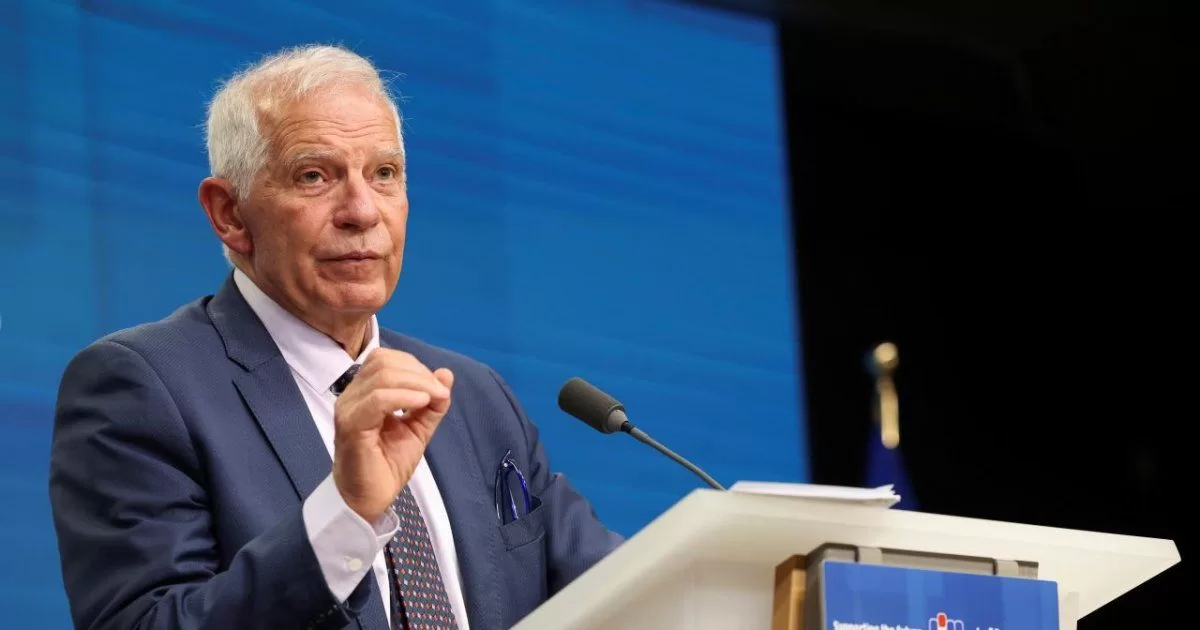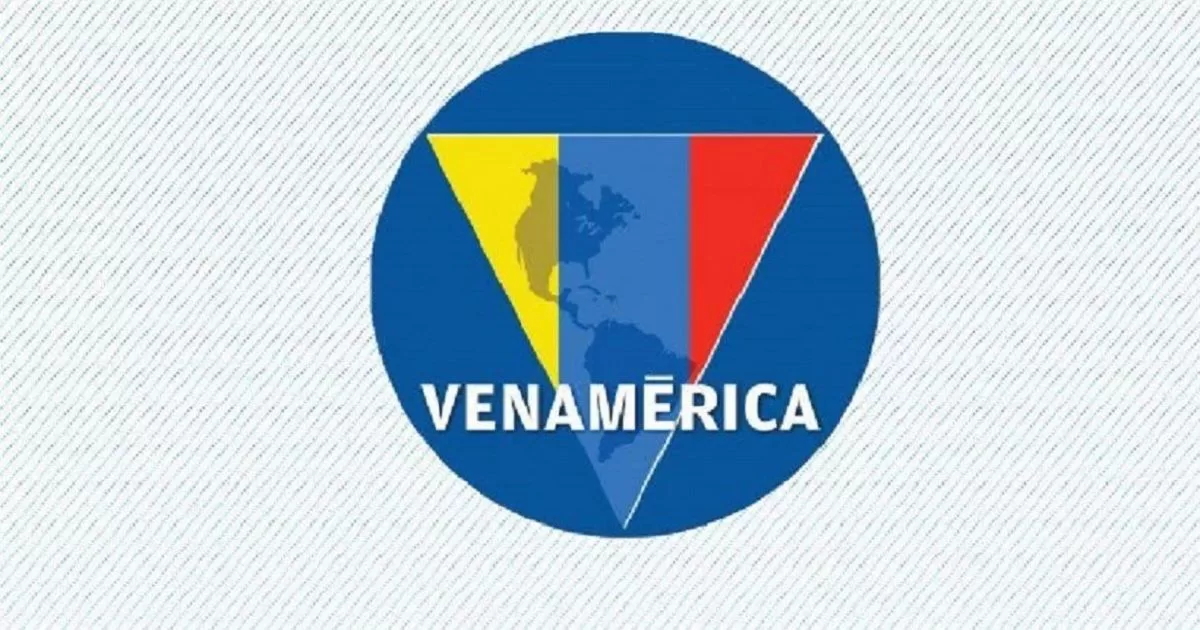MADRID.- The European Union (EU) announced this Friday a set of restrictive measures to address the situation in Guatemalaallowing him to impose sanctions to those who interfere with the democratic transition in the Central American country.
This decision arises in the midst of a deep institutional crisis triggered by the Prosecutor’s Office’s attempts to reverse the results of the recent elections, where Bernardo Arévalo emerged as the winner.
This strategic step enables the European Union to confront those who hinder the democratic process, which has faced numerous interferences since the 2023 general elections. These elections culminated in Arévalo’s victory and have since been the subject of multiple attempts by the Public Ministry to challenge alleged electoral fraud and undermine the new president’s inauguration.
The plan focuses on identifying and sanctioning individuals and entities responsible for actions that undermine democracy, the rule of law, and the peaceful transfer of power in Guatemala. This includes the persecution or intimidation of public officials, democratically elected authorities, civil society, the media and judicial operators. In addition, it addresses possible improper financial practices related to public funds and the unauthorized export of capital.
As a deterrent measure, the EU is considering applying an asset freeze and travel ban, establishing a “black” list that would include individuals and entities involved in maneuvers against the elected president. However, it is important to note that, for the moment, this legal framework is presented without concrete measures against any Guatemalan actor, serving mainly as a prevention tool.
EU travels to Guatemala
The EU High Representative for Foreign Policy, Josep Borrell, denounced the actions of the Guatemalan Prosecutor’s Office as an attempted “coup d’état”, highlighting the seriousness of these movements to reverse the electoral results, which he considers “unacceptable and dangerous.” “.
In a gesture of support for Arévalo, the head of community diplomacy plans to travel to Guatemala this weekend to meet with him within the framework of the presidential inauguration. The European Commission highlighted that this visit is a “testimony of the EU’s firm support for democracy in Guatemala” and follows the deployment of an electoral observation mission after the 2023 elections.
Source: With information from Europa Press


